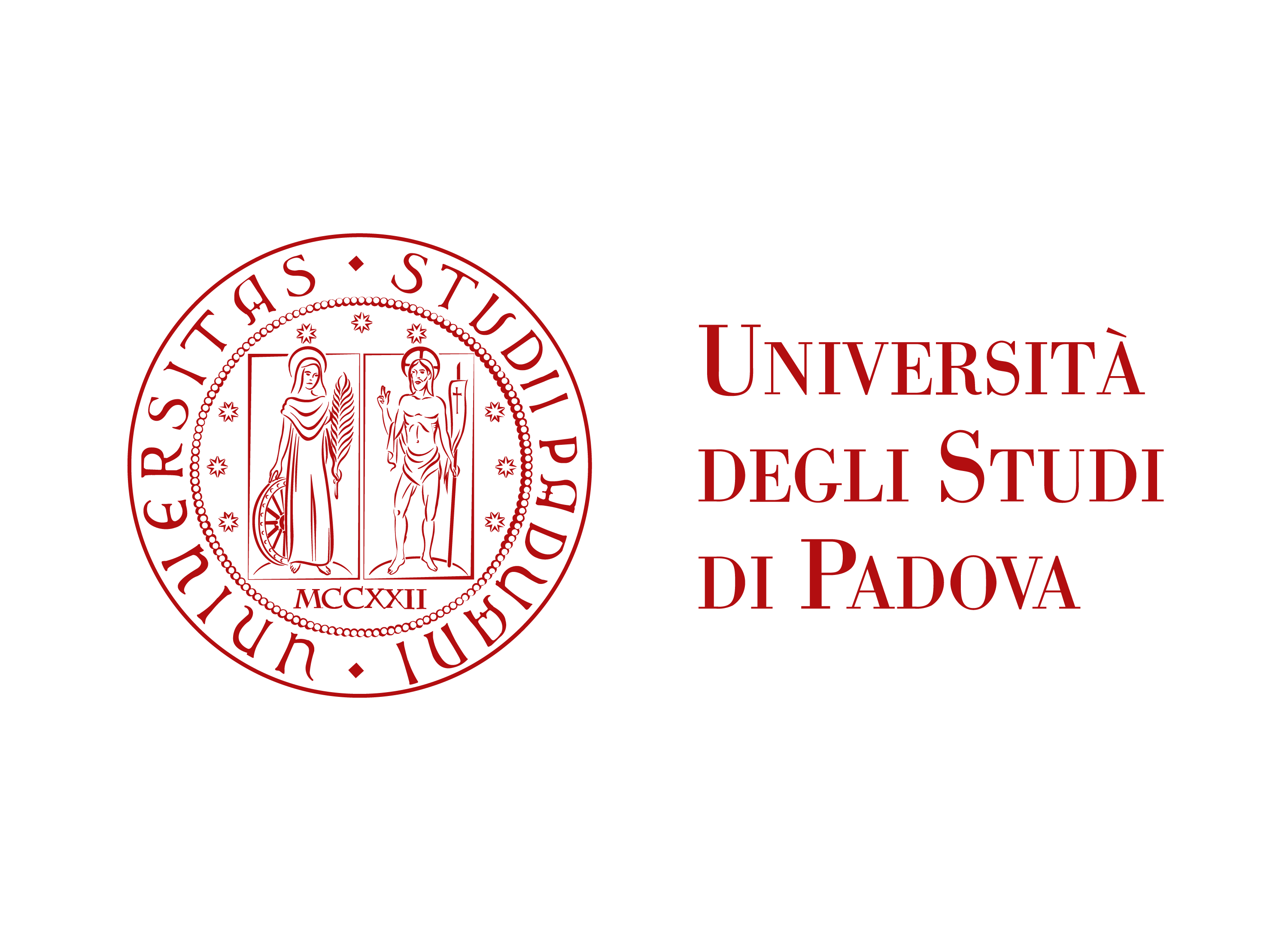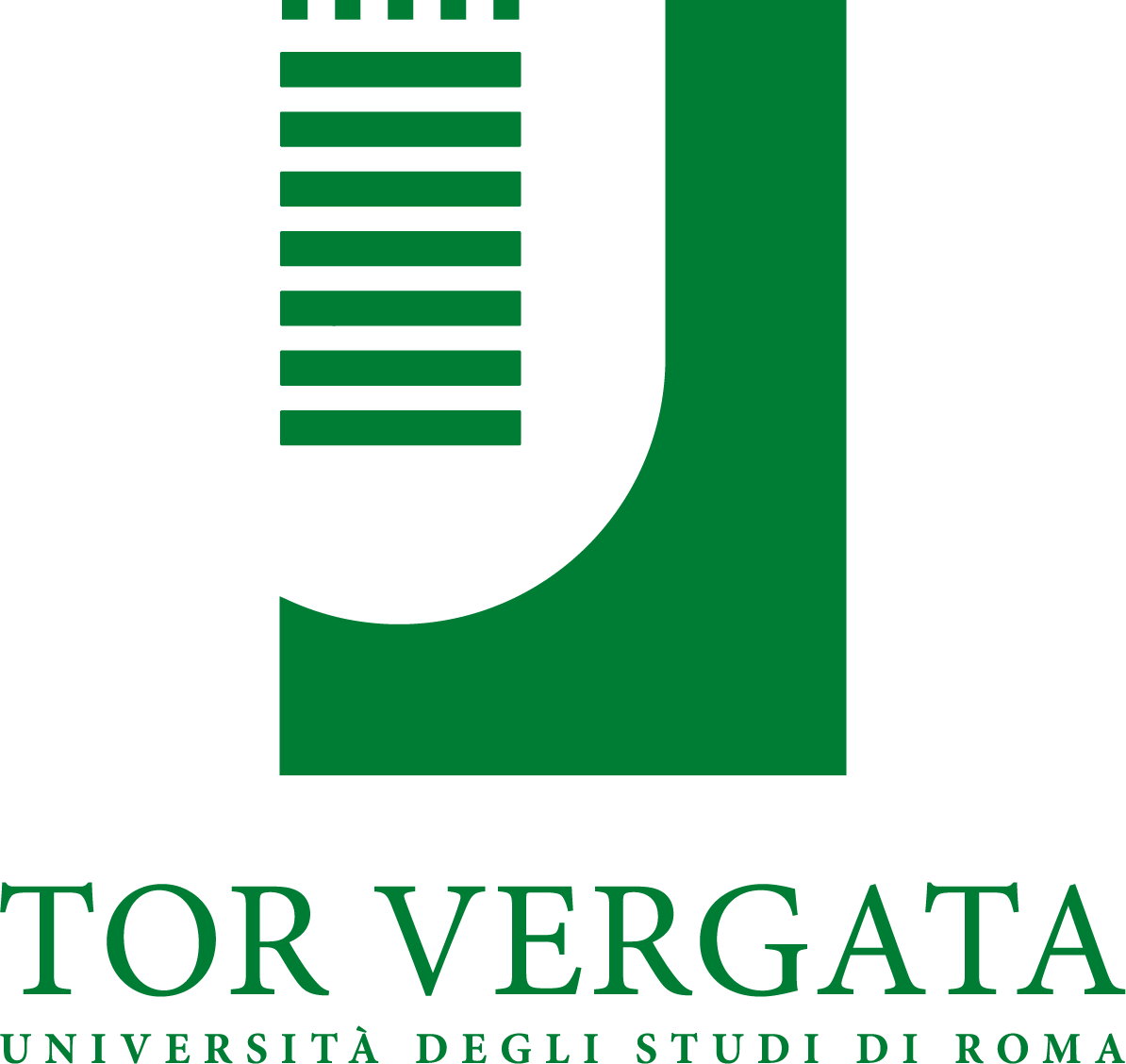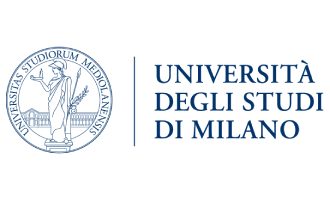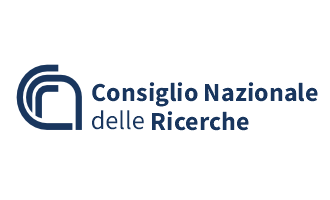
The Department of Biosciences, Biotechnology, and Environment in collaboration with the Department of Physics will establish a dedicated IT infrastructure at the ReCaS data center, which currently hosts the ELIXIR-IT compute facility. This facility offers a rich portfolio of tools and data for the analysis of omics datasets. The developed framework adopts data security solutions and promotes the FAIR data-oriented IT infrastructure that is “as open as possible, and as closed as necessary” paradigm. Based on specific requests received by researchers from this and other spokes, bioinformatics tools, reference genomes, and services will be installed and available as virtual environments and containers.
A specific effort is dedicated to the identification of neo-antigens for mRNA vaccinology generated by somatic point mutation and structural rearrangements, alternative splicing, or RNA post-transcriptional modifications.
The Department of Pharmacy occupies the 3D modeling of proteins and/or nucleic acids. This activity includes the modeling of protein-protein, protein-ligand, and protein-nucleic acid interactions and the estimation of their binding affinity either in silico through the employment of tools for the interaction energy calculation or in vitro through different assays based on the employment of Isothermal Titration Calorimetry, Thermal Shift binding assays, and Solid Supported Membrane -based electrophysiology.
The Department of Informatics offers the design, development, and experimental evaluation of novel machine-learning techniques for the descriptive and predictive modeling of multi-omics data organized as heterogeneous information networks to identify new disease biomarkers.

The Department of Pharmaceutical and Pharmacological Sciences focuses on the implementation and validation activities of the two computational methodologies. The first methodology, Dynamic Molecular Docking (DMD), is a novel supervised molecular dynamics (SuMD)-based protocol developed to address RNA and protein flexibility as well as the inclusion of explicit solvent in local molecular docking. RNA belongs to a class of ligands for which docking performance especially benefits from overcoming these challenges because they are periodic, highly flexible, and negatively charged polymers. The other methodology, Thermal Titration Molecular Dynamics (TTMD), aims at getting a computational tool to anticipate the energetic stability of ligand-RNA complexes including small molecules, peptides and proteins, and other oligonucleotides.
The Department of Biomedical Sciences will extend the functionality of the RING software for generating and visualizing atomic interaction graphs. This extension will facilitate the study of RNA and RNA/protein complexes, as well as small molecules, by providing an accurate physicochemical description. This software will be integrated with commonly used molecular structure viewers and platforms for network visualization. The focus of the extension will be to enhance our understanding of intrinsically disordered regions (IDRs), which are protein-rich areas that contribute to the formation of complexes with RNA. By analyzing the resulting data on a large scale, we aim to gather information that will guide further structural studies and molecular dynamics (MD) simulations. Furthermore, the results obtained from RING, in conjunction with literature curation for protein/RNA complexes, will expand the content and functional repertoire of disorder within the DisProt and MobiDB databases.
The Department of Physics and Astronomy will mainly focus on the development and application of informatics/computational methodologies to support the design and industrial development of RNA drugs in different therapeutic areas such as cancer, neurodegenerative diseases, and viral infections. The department applies cutting-edge applications of Artificial Intelligence (AI), Machine Learning (ML), and Computational Geometry (CG) in combination with state-of-the-art computer simulations based on atomistic and quantum simulations (ranging from classical molecular dynamics to quantum mechanics methods) to accurately predict the tertiary structure of native and chemically modified RNA, and to analysis the structural stability and the exploration of the conformational space in solution of native and chemically modified RNA.
The Department of Chemical Sciences will contribute to the multi-scale modeling of soft materials for RNA delivery. The department will focus on systems such as soft nanoparticles consisting of lipids, polymers and surfactants, and peptide coacervates. They will investigate their physicochemical and structural properties and their stability concerning thermodynamic and compositional parameters, as well as the role of intrinsic properties of RNA, e.g. its length, sequence, secondary structure, or flexibility. The aim is to identify the basic principles and mechanisms that control the equilibrium and non-equilibrium properties of the systems and to provide guiding rules for the synthetic design. The study will rely on classical Molecular Dynamics simulations, combined with enhanced sampling techniques. The quality of the models used will be crucial. Using coarse grain representations, which are compulsory given the chemical complexity of the systems, must be finely tuned to capture the delicate interplay of intermolecular interactions, which will be supplemented by models with atomic resolution that accurately account for the chemical specificity.
The Department of Molecular Medicine operates at the intersection of biochemistry and computational chemistry, employing a dual approach. On the biochemical front, this approach meticulously refines protocols for in-depth exploration of the cellular redox state, a crucial factor in various diseases. The objective is to assess the efficacy of identified molecules in restoring the cellular redox balance to physiological levels. This assessment encompasses functional studies on cellular epithelia conducted through advanced chamber technology. The second approach, from a computational standpoint, engages in the development and validation of covalent docking protocols. These protocols are designed to identify electrophilic molecules capable of enhancing primary antioxidant defenses. Additionally, the team utilizes computational techniques to isolate molecules with specific pharmacophores that can selectively intercept peroxidic radicals within biological membranes.
The Department of Medicine aims to fuel the discovery, selection, and clinical validation of molecular markers/targets of disease in an unexplored oncological setting, such as rare tumors. Optimizing patient stratification and delivering personalized therapy are the biggest challenges in modern oncology. The human cancer genome project provided a significant description of the molecular landscape of most solid tumors, allowing the introduction of novel targeted therapeutic approaches. However, no significant data has been produced for rare entities, especially in the setting of gene expression profiling/RNA-based biomarkers. This is mainly due to an intrinsic incompatibility of RNA-based analyses on formalin-fixed and paraffin-embedded tissues. We will implement a multi-omics platform for a comprehensive cancer molecular characterization pipeline that includes NGS for SNVs, CNVs, gene expression profiling and methylation profiles, multispectral IHC, and FFPE single-cell analysis. Understanding the effect of genotype on gene expression profiling is essential to comprehend disease processes and ultimately enables the improvement of the therapeutic scenario. Moreover, working at a single cell level will enable us to achieve full resolution of tumor heterogeneity and understand therapeutic target prioritization.

Dipartimento di Fisica e Astronomia “Galileo Galilei”
Dipartimento di Medicina Molecolare
Dipartimento di Scienze Biomediche
Dipartimento di Scienze del Farmaco
Dipartimento di Scienze Chimiche
Dipartimento di Medicina
Dipartimento di Medicina
Dipartimento di Scienze del Farmaco
Dipartimento di Fisica e Astronomia “Galileo Galilei”
Dipartimento di Scienze Biomediche
Dipartimento di Scienze Biomediche
Dipartimento di Medicina
Dipartimento di Fisica e Astronomia “Galileo Galilei”
Dipartimento di Medicina Molecolare
Dipartimento di Scienze del Farmaco
Dipartimento di Scienze Chimiche
Dipartimento di Scienze del Farmaco
Dipartimento di Scienze del Farmaco

Italian Institute of Technology- IIT contributes to the investigation of RNA molecules through computational methods, integrated with experiments. The computational work includes both quantum and classical simulations to clarify how pharmaceutically relevant RNA molecules interact with proteins and small molecule ligands. Toward this goal, both equilibrium and enhanced sampling simulations for free energy simulations will dissect chemical processes like RNA-mediated catalysis and RNA-protein recognition and binding. In addition, identifying RNA-targeting small molecules and optimizing them using dynamic docking approaches where molecular simulations are coupled to more traditional docking calculations. The ultimate goal of this computation-driven effort is to dissect the mechanism of catalytic RNAs and complex RNA-protein complexes to generate potent drug-like lead compounds for potential new therapeutic applications.

The Department of Biology is involved in integrative data analysis, in disease and control settings for the development of reference models of gene regulatory networks, with a special focus in autoimmune diseases; the Department is also involved in the computational design of inhibitory aptamers against the HuR RNA binding protein, associated with tumorigenesis, neurodegenerative, and inflammatory disorders, as well as the RNA polymerase of the Respiratory Syncytial Virus (RSV), a viral pathogen causing respiratory infections in infants, children and the elderly.The Department of System Medicine studies lncRNAs involved in different responses to biological drugs in inflammatory arthritis, while also analyzing their expression profile and genomic variability.
The Department of Biomedicine and Prevention combines bioinformatics and experimental approaches to explore the feasibility of site-directed RNA editing tools in correcting mutations at the RNA level.
The Department of Experimental Medicine focuses on the identification of epithelial specific lncRNAs as transcriptional targets of master gene TP53. This involves the characterization of their expression and regulation of their transcription at the epigenetic level and studying their role by in vitro knockdown experiments and relevance to epithelial development.
Dipartimento di Medicina Sperimentale
Dipartimento di Medicina dei sistemi
Dipartimento di Biologia
Dipartimento di Biologia
Dipartimento di Biologia
Dipartimento di Biologia
Dipartimento di Biomedicina e Prevenzione
Dipartimento di Medicina Sperimentale
Dipartimento di Biologia
Dipartimento di Biologia
Dipartimento di Biologia
Dipartimento di Biologia
Dipartimento di Biologia
Dipartimento di Biomedicina e Prevenzione

The Department of Computer Science of the University of Milan focuses on two main points. The construction and software implementation of an “RNA based” Knowledge Graph (RNA-KG) by collecting information and data about coding and non-coding RNA and its relationships with RNA-interacting molecules and biomedical concepts. Secondly, the department will design an efficient software implementation of Artificial Intelligence (AI) methods for RNA-KG analysis to support basic research on RNA biology and the discovery of novel RNA drugs.
The Department of Biosciences of the University of Milan aims to develop complete bioinformatics frameworks for viral genome identification, assembly, and functional characterization as well as the identification of potential RNA-therapy targets in different disease models.
The Department of Pharmaceutical Sciences aims to develop computational approaches to characterize the RNA systems structures and to predict the binding free energy of small molecules (PNA and morpholino oligonucleotides) on RNA binding proteins, to identify new RNA-based drug candidates.
 |
Dipartimento di Bioscienze
Dipartimento di Informatica Giovanni Degli Antoni
Dipartimento di Scienze Farmaceutiche
Dipartimento di Scienze Farmaceutiche
Dipartimento di Informatica Giovanni Degli Antoni
Dipartimento di Bioscienze
Dipartimento di Informatica Giovanni Degli Antoni
Dipartimento di Informatica Giovanni Degli Antoni
Dipartimento di Scienze Farmaceutiche
Dipartimento di Scienze Farmaceutiche
Dipartimento di Informatica Giovanni Degli Antoni
Dipartimento di Informatica Giovanni Degli Antoni
Dipartimento di Informatica Giovanni Degli Antoni
Dipartimento di Scienze Farmaceutiche
Dipartimento di Informatica Giovanni Degli Antoni
Dipartimento di Scienze Farmaceutiche

The Department of Physics “Ettore Pancini” will lead the development of predictive approaches to characterize how mutations alter the network of regulatory contacts of genes with their enhancers.
The Department of Electrical Engineering and Information Technologies focuses on the development of integrative multi-omics approaches for patient stratification and antigen prioritization.
The Department of Pharmacy has three main goals. To apply computational approaches that characterize RNA systems structures, dynamics, and mechanisms of action. To develop an AI-based platform for efficient clustering of RNA structures derived from common web-based algorithms. As well as initiating computer-aided design and synthesis of novel molecular entities for innovative RNA delivery platforms.
The Department of Advanced Biomedical Sciences studies the interactions of nanomaterials of various types with biological membranes of live human cells, both normal and cancer, viruses and bacteria, both gram-positive and gram-negative. They also focus on nanomaterials such as graphene and graphene oxide, TMDs, and Antimonene, which are fabricated and functionalized by anchoring biomolecules of various types.
Dipartimento di Scienze Biomediche Avanzate
Dipartimento di Ingegneria Elettrica e delle Tecnologie dell’Informazione
Dipartimento di Farmacia
Dipartimento di Ingegneria Elettrica e delle Tecnologie dell’Informazione
Dipartimento di Farmacia
Dipartimento di Fisica “Ettore Pancini”
Dipartimento di Farmacia
Dipartimento di Farmacia
Dipartimento di Fisica “Ettore Pancini”
Dipartimento di Farmacia
Dipartimento di Farmacia
Dipartimento di Farmacia
Dipartimento di Fisica “Ettore Pancini”
Dipartimento di Fisica “Ettore Pancini”
Dipartimento di Ingegneria Elettrica e delle Tecnologie dell’Informazione

National Research Council of Italy – CNR participates in Spoke 7 with four institutes that offer expertise in all-atoms and bioinformatics simulations. The knowledge gained with these tools will guide the development of modulators designed to interfere with specific RNA regulatory processes.
Specifically, its Material Foundry (Istituto Officina dei Materiali – IOM) of CNR exploits all-atom simulations to understand the mechanism of messenger, transfer, and ribosomal RNA metabolism and the impact of RNA modifications on these processes. In this context, IOM also characterizes RNA modification biogenesis in natural and artificial RNA systems to provide insights into RNA catalytic abilities and to use them as genome-editing tools. This knowledge will be exploited also to identify new RNA-targeting or RNA-based drug candidates.
The Institute for Biomedical Technologies (ITB) of CNR combines CRISPR base editors and high-throughput screening approaches. The research activities include developing computational approaches to design and select highly efficient guide RNAs (gRNAs) for gene editing as well as the creation of bioinformatic tools for the in-silico design of gRNA libraries to better perform large-scale functional studies of genomic variants.
The Istituto di Scienze e Tecnologie Chimiche Giulio Natta (SCITEC) of CNR focuses on computationally characterizing the structural dynamics of miRNAs implicated in the development of pancreatic ductal adenocarcinoma. The primary objective is to identify small molecules capable of binding to these miRNAs and disrupting their maturation process. Additionally, SCITEC is developing a virtual screening protocol designed to identify modulators for the complex formed by the FUS protein and its RNA target, a crucial element in the context of amyotrophic lateral sclerosis.
The Institute of Chemistry of Organometallic Compounds (ICCOM) aims to explore the computational study of human Argonaute proteins that act as key players in miRNA-guided gene regulation. By studying different RNA-protein complexes, we will gain insight into the modulation of protein functionality.
Istituto officina dei materiali (IOM) – Unità di Trieste
Istituto di Scienze e Tecnologie Chimiche “Giulio Natta” (SCITEC) – sede secondaria di Milano, Via Mario Bianco
Istituto di Scienze e Tecnologie Chimiche “Giulio Natta” (SCITEC) – Sede secondaria di Roma
Istituto di chimica dei composti organo metallici (ICCOM) – sede principale di Firenze
Istituto di Tecnologie Biomediche (CNR – ITB)
Istituto di Tecnologie Biomediche (CNR – ITB)
Istituto di Tecnologie Biomediche (CNR – ITB)
Istituto di Tecnologie Biomediche (CNR – ITB)
Istituto di Tecnologie Biomediche (CNR – ITB)
Istituto Officina dei Materiali – Unità di Trieste (CNR – IOM)
Istituto Officina dei Materiali – Unità di Trieste (CNR – IOM)
Istituto di chimica dei composti organo metallici (ICCOM) – sede principale di Firenze
Istituto di Scienze e Tecnologie Chimiche “Giulio Natta” (SCITEC) – sede secondaria di Milano, Via Mario Bianco
Istituto di Tecnologie Biomediche (CNR – ITB)